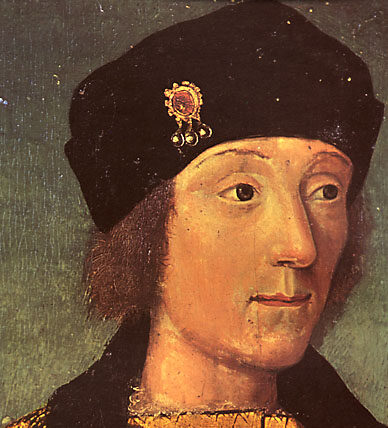The Tudor dynasty, which ruled England from 1485 to 1603, is one of the most captivating periods in English history, marked by intrigue, drama, and political upheaval. Delve into the rich tapestry of Tudor history with these three fascinating facts that shed light on this influential era.
The Rise of The Tudor Dynasty
The Tudor dynasty began with the unlikely ascension of Henry VII to the English throne in 1485. Henry, a distant relative of the Lancastrian line, seized power after defeating Richard III at the Battle of Bosworth Field, effectively ending the Wars of the Roses—a decades-long conflict between the rival houses of Lancaster and York. Henry’s marriage to Elizabeth of York, daughter of Edward IV, symbolically united the warring factions and solidified his claim to the throne. His reign marked the beginning of a new era of stability and prosperity in England, laying the foundation for the Tudor dynasty’s enduring legacy.
The Reformation and Religious Turmoil
One of the defining features of the Tudor era was the religious upheaval brought about by the English Reformation. Henry VIII’s break with the Catholic Church in the 1530s, motivated by his desire to annul his marriage to Catherine of Aragon and marry Anne Boleyn, led to the establishment of the Church of England and the dissolution of monasteries across England. The subsequent reigns of Henry’s children, Edward VI, Mary I, and Elizabeth I, saw further religious turmoil as each monarch implemented their own religious policies, resulting in persecution, rebellion, and the emergence of Protestantism as the dominant faith in England.
The Golden Age of Elizabethan England
Perhaps the most renowned monarch of the Tudor dynasty, Elizabeth I, ascended to the throne in 1558 and presided over a period of cultural, economic, and military expansion known as the Elizabethan era. Under Elizabeth’s rule, England experienced a flourishing of arts and literature, exemplified by the works of William Shakespeare, Christopher Marlowe, and Edmund Spenser. The defeat of the Spanish Armada in 1588 solidified England’s status as a naval power and marked the zenith of Elizabeth’s reign. Her reign is often considered a golden age, characterized by exploration, innovation, and the flowering of English Renaissance culture.

